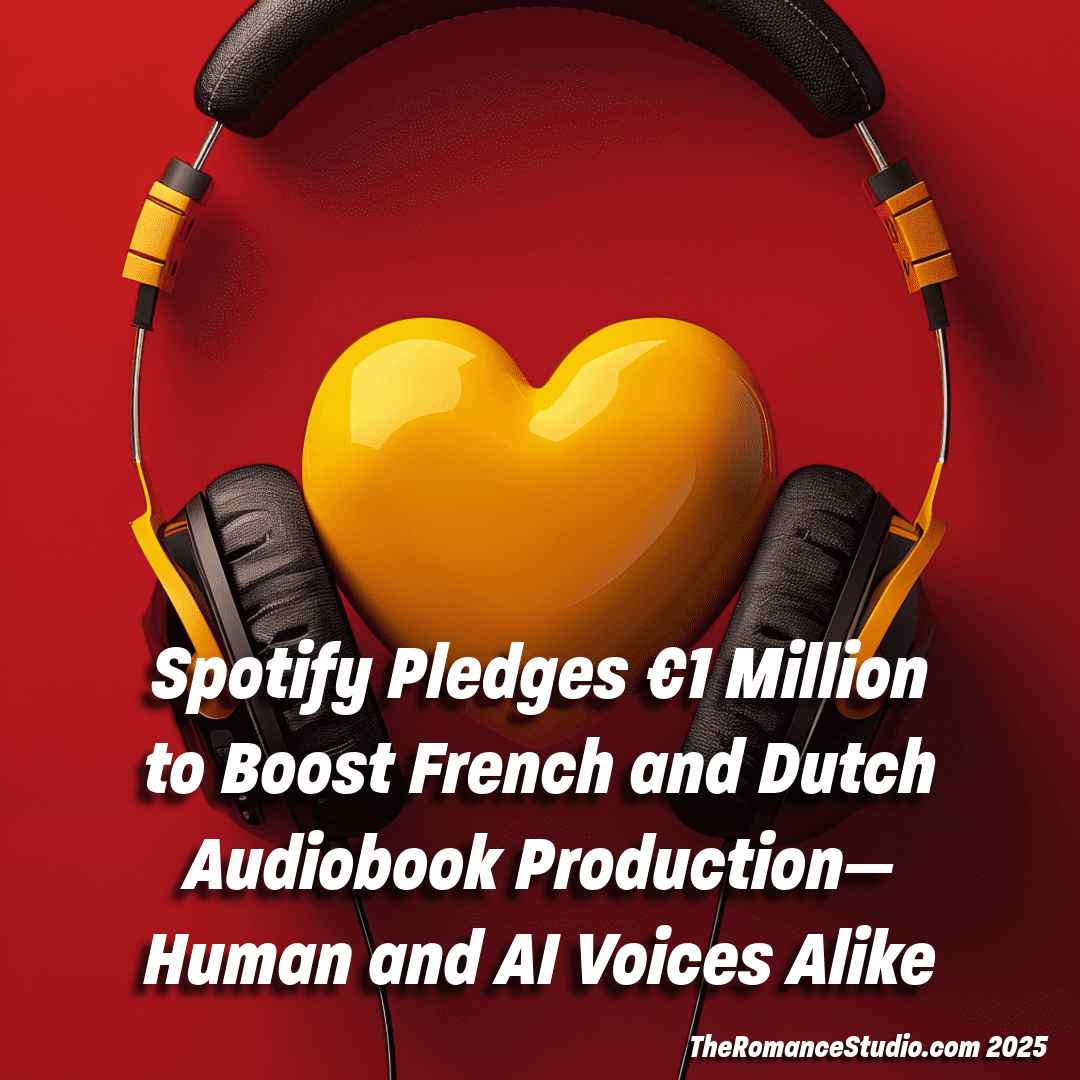Spotify Pledges €1 Million to Boost French and Dutch Audiobook Production—Human and AI Voices Alike
Spotify is turning up the volume on non-English storytelling. This week, the streaming giant announced a €1 million investment to support audiobook production in French and Dutch, part of a broader effort to diversify its audiobook offerings and tap into new audiences across Europe.
The initiative, led by Spotify’s Audiobook Partnerships and Licensing Manager for Europe, Jérémy Amsellem, aims to collaborate with local publishers and authors to significantly expand the availability of audiobooks in underrepresented languages.
“With less than 3% of French-language books available in audio format today, this is a great opportunity to help publishers and authors find new readers,” Amsellem said in a statement. “Our aim is to help create long-term value for the publishing industry and build new revenue streams for partners.”
A Dual Approach: Human + AI Narration
While Spotify reaffirmed its belief in the “power of human narration” and plans to continue working closely with voice actors and narration professionals, it also introduced a cost-saving AI option for those looking to produce audiobooks on a tighter budget.
The company says this hybrid approach—offering both traditional narration and AI-generated voice options—is designed to lower production costs and allow more titles to reach listeners faster.
This move is likely to spark ongoing debates in the publishing and creative communities, as AI voices continue to raise questions around quality, authorship, and the role of human talent in the future of audiobooks.
Open Distribution: A Win for Publishers
Unlike some content partnerships that lock in exclusivity, Spotify’s program will allow publishers to retain full distribution rights. Audiobooks co-funded through this initiative will be nonexclusive, meaning they can be uploaded and monetized across any platform the publisher or author chooses.
This gives content creators more freedom and flexibility to reach audiences wherever they listen—whether that’s on Spotify or through competitors like Audible, Kobo, or Google Play Books.
A Broader Strategy to Capture Europe’s Listening Market
Spotify has been steadily increasing its investment in audiobooks over the past two years, following the launch of its audiobook hub and enhancements to its paid tier that allow listeners to stream up to 15 hours of audiobooks each month.
By investing directly in non-English language content, Spotify is making a clear play to broaden its global footprint in the audiobook space—and meet the demand from local audiences hungry for content in their native tongues.
It also positions Spotify as a powerful partner for smaller publishers and indie authors in Europe who may lack the resources to produce high-quality audio titles on their own.
The Takeaway: New Doors Opening for European Creators
For authors and publishers in French- and Dutch-speaking regions, this initiative offers a timely opportunity. Audiobooks continue to grow globally—especially among younger audiences and multitaskers—and the demand for diverse, multilingual stories is only rising.
Spotify’s €1 million fund may just be the beginning. If successful, the program could expand into other European languages, further shifting the balance of power in audiobook production away from English-dominant markets.
One thing’s certain: whether narrated by a trained voice actor or a carefully tuned AI, more stories from more corners of the world are about to be heard.

